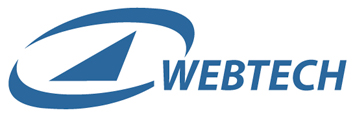
| If you have difficulties reading this email, click here | Si vous éprouvez des difficultés à lire ce courriel, cliquez ici
|
 |
www.paptac.ca |
Wet End Chemistry 2012 |
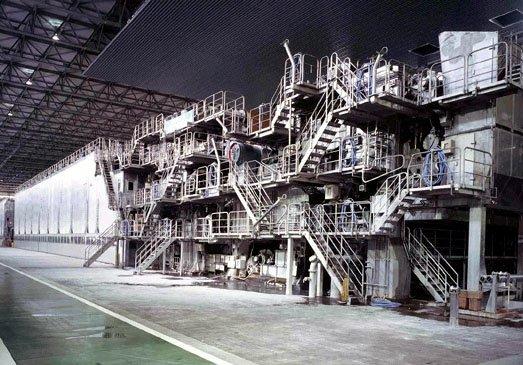 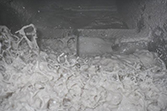 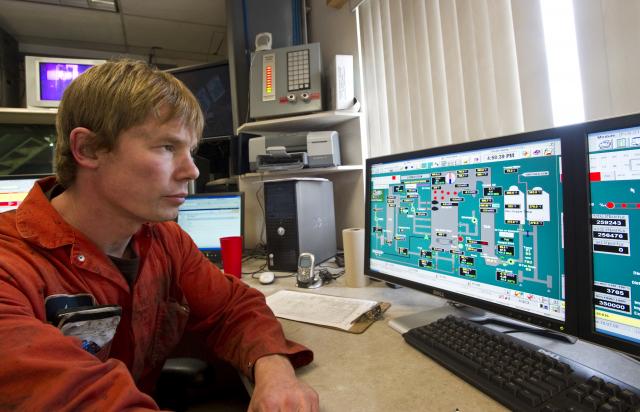 |
| When / Dates: | Oct.19, 2012 / 13:00 – 14:30 Oct. 26, 2012 / 13:00 – 14:30 Nov. 15, 2012 / 13:00 – 14:30 Nov. 21, 2012 / 13:00 – 14:30 Dec. 7, 2012 / 13:00 – 14:30 |
Les participants peuvent s'incrire à un ou plusieurs webinaires de leur choix - Veuillez indiquer le(s) webinaire(s) choisi(s) |
||||
| Speaker / conférencier: | Dr. Przemyslaw Pruszynski – Nalco An Ecolab Company
Global Technical Specialist - Paper Chemistry |
E-mail Carmie Lato at ([email protected]) to confirm your presence or call 514-392-6969. Envoyez une confirmation de votre présence à ([email protected]) ou téléphonez au 514-392-6969. |
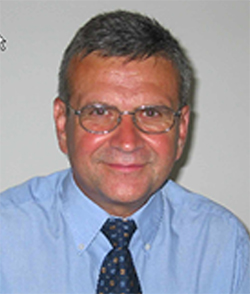 |
Dr. Pruszynski (Przem) received his MSc and PhD from
University of Poznan, Poland in the area of Physical Organic
Chemistry in 1976. He taught for 12 years at this University.
After moving to Canada in 1986 he continued research and
teaching in Canada at Dalhousie University in Halifax, NS
and later at University of Toronto. He started industrial part
of the carrier at Dow Chemical Research in 1990 working in
the Forest Product Group in Sarnia. Joined Nalco Canada in
Burligton, Ontario in 1992 as a Group Leader in R&D. After moving to US he continued with Nalco as a Technical Director in Corporate Pulp and Paper Research. Recently he works as Global Technology Specialist bridging research and development with practical challenges of paper industry. Przem authored and co-authored close to 100 papers and conference contributions in many different areas. He holds 6 US patents in various areas of paper making. In 2008 he received Jasper Mordon Award for the best paper at APPITA Conference in Rotorua. In 2008, Przem was also the recipient of PAPTAC’s Jasper Mardon Memorial Prize for Significant Contribution to the Science and Technology of Papermaking. |
1. Wet End Chemistry – fundamentals – Oct. 19
|